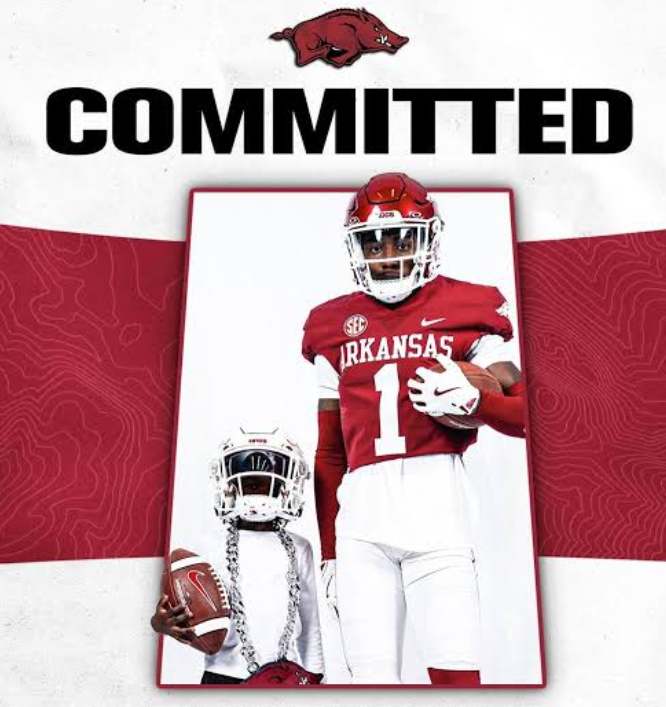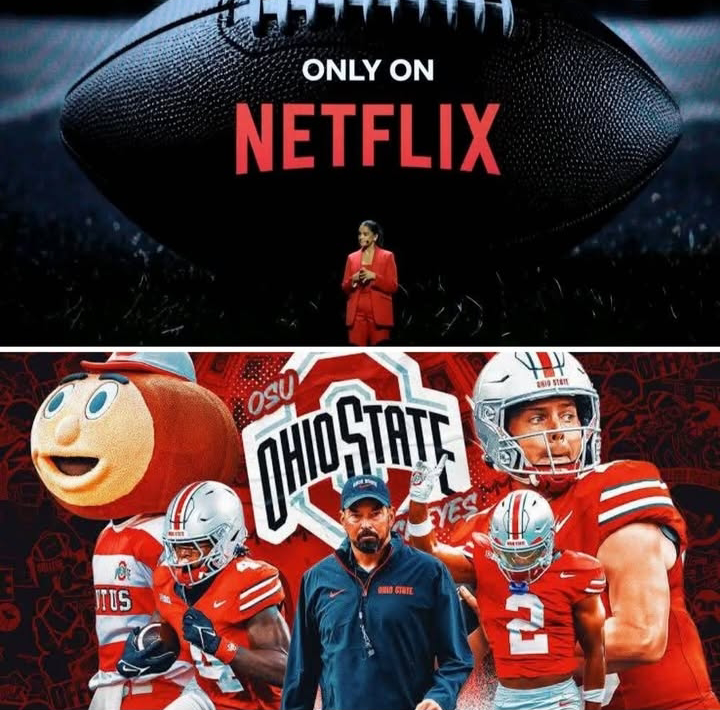In the high-pressure world of college football recruiting and development, every decision made by a program can shape a player’s future. This is especially true for Arch Manning, one of the most highly touted quarterback recruits in recent memory. Amid all the hype and expectations, one prominent analyst has come forward with a bold claim: that Texas—and head coach Steve Sarkisian in particular—aren’t doing Arch Manning any favors. This perspective, while controversial, sheds light on the complex interplay between coaching philosophy, player development, and the ever-evolving dynamics of college football.
Arch Manning: A Phenomenon Under Pressure
Arch Manning’s arrival at Texas was greeted with nearly universal acclaim. Hailing from a storied football family, Arch carries not only immense talent but also a legacy that comes with sky-high expectations. Analysts, fans, and even rival programs have been watching his every move, waiting to see if he can live up to the enormous potential that his recruiting ranking suggests.
However, with such high expectations comes an intense spotlight. Manning’s talent is unquestionable, but the challenge now lies in molding that talent to fit into a collegiate system that is both competitive and demanding. It is in this context that critics argue Texas’ approach, under the leadership of Steve Sarkisian, may not be ideally suited for the development of a quarterback with Manning’s profile.
Steve Sarkisian’s System: The Double-Edged Sword
Steve Sarkisian has long been recognized as an offensive innovator, known for his ability to adapt his schemes to his players’ strengths. However, this very flexibility may be a double-edged sword when it comes to nurturing a quarterback like Arch Manning. According to the analyst in question, Sarkisian’s system, which often emphasizes a balanced attack and a strong emphasis on running the ball, might not provide the ideal environment for a young quarterback with the kind of passing acumen and playmaking ability that Manning possesses.
Critics point out that while Sarkisian’s system has had success in the past, it may not be tailored to harness the full potential of a quarterback who is expected to be a generational talent. The argument goes that Arch Manning deserves a system that maximizes his ability to read defenses, stretch the field with deep throws, and make plays in space—elements that might be sidelined in an offense that prioritizes a balanced attack. In essence, by not fully embracing an air-raid or pass-heavy approach, Texas may inadvertently be limiting Manning’s growth as a dynamic playmaker.
The Developmental Dilemma
At the heart of the debate is a broader question about player development in the modern college football landscape. Quarterbacks who emerge from programs with a strong, quarterback-friendly system often find themselves better equipped to handle the complexities of the NFL. Programs like Alabama and Clemson, for example, have built reputations for producing NFL-ready quarterbacks by designing offenses that cater to their skill sets. In contrast, the Texas offense under Sarkisian, while competitive, has been criticized for not playing to the unique strengths of its young signal-caller.
The analyst argues that by not adapting the offensive philosophy to fit Arch Manning’s skill set, Texas might be doing a disservice not only to Manning but also to the program’s long-term success. Manning is not just another recruit—he is a once-in-a-generation talent, and his development could have ripple effects on the future of Texas football. If he is not given the right tools to refine his natural abilities, his transition to the professional level could be compromised.
Pressure, Expectations, and the Weight of Legacy
Another facet of the issue is the enormous pressure placed on Arch Manning. Growing up in a family renowned for producing NFL talent means that every decision made about his development is scrutinized. Sarkisian, as the architect of the offense, has a responsibility to not only win games but also to nurture a young quarterback who is expected to shoulder enormous expectations. The analyst’s viewpoint is that the current approach may be overly conservative, failing to exploit Manning’s full range of skills.
There is also an element of legacy at play. Texas, with its rich football tradition, is under constant pressure to remain competitive on a national scale. The program’s choices—especially regarding a high-profile player like Manning—are not made in a vacuum. Decisions about offensive schemes, play-calling, and overall strategy are influenced by the need to balance immediate success with long-term development. Critics argue that in this balancing act, Manning’s individual growth may be sacrificed for short-term gains, a move that could hurt him in the long run.
Potential Alternatives and Adjustments
What could Texas do differently? The analyst suggests that a more tailored offensive approach could be the key. This might include incorporating more spread offense elements, increasing the emphasis on deep passing plays, and even experimenting with no-huddle situations to get Manning more reps in high-pressure scenarios. Such adjustments wouldn’t necessarily overhaul Sarkisian’s overall philosophy but would signal a willingness to adapt and innovate in response to the unique challenges presented by a player like Manning.
Moreover, providing Manning with additional support outside the field—such as specialized quarterback coaching, film sessions, and tailored practice drills—could bridge the gap between his potential and his on-field production. While Texas already has a strong coaching staff, a more individualized development plan could be the difference between a good quarterback and a great one.
Reactions from the College Football Community
Unsurprisingly, the analyst’s comments have sparked a heated debate among college football fans, coaches, and former players. Supporters of Sarkisian argue that his system has produced wins and that adapting too much for one player could disrupt team chemistry. They contend that the pressure of major college football demands a balanced approach that prioritizes overall team success over individual statistical exploits.
On the other hand, critics counter that when you have a talent as rare as Arch Manning, it is the duty of the program to mold him into a superstar. They argue that if Texas fails to provide Manning with the right environment, his potential might be stunted, and the program could miss out on building a franchise quarterback—a scenario that would have long-term negative consequences for Texas football.
Looking Ahead: The Future of Arch Manning and Texas Football
As the season progresses, all eyes will be on Arch Manning and how he adapts to the offensive schemes at Texas. Will he rise above the constraints and showcase his full potential, or will the current system limit his development? The answer may well determine not only his future as a player but also the trajectory of the Texas football program.
If the analyst’s concerns prove valid, we might see calls for a strategic pivot from the coaching staff. A shift toward a more quarterback-friendly offense could become a hot topic in recruiting circles and media discussions. Alternatively, if Manning excels despite the perceived limitations, it might serve as a testament to his talent and adaptability—potentially silencing his critics for good.
Conclusion
In the high-stakes arena of college football, every decision carries weight, and the development of a quarterback like Arch Manning is no exception. The analyst’s assertion that Steve Sarkisian and Texas aren’t doing Manning any favors is a stark reminder of the delicate balance between team strategy and individual player growth. While Sarkisian’s system has delivered wins and maintained a competitive edge, it also raises critical questions about whether it fully harnesses the potential of a generational talent.
Ultimately, the future will tell whether adjustments are needed or if Manning’s talent can shine through regardless of the system. For now, the debate adds another layer of intrigue to the unfolding story of Texas football—and the ever-evolving legacy of one of college football’s brightest prospects. As fans, analysts, and insiders continue to weigh in, one thing remains clear: the development of Arch Manning is not just about one player’s future but could very well shape the destiny of the Texas program for years to come.






Leave a Reply